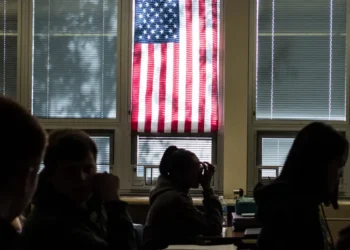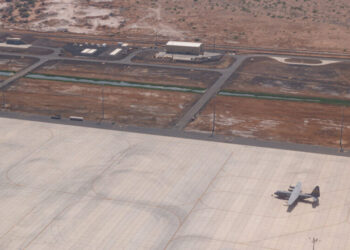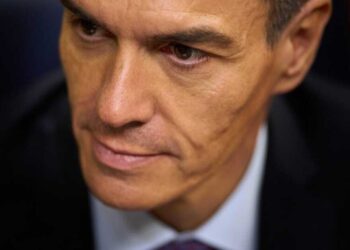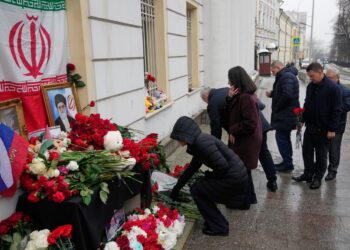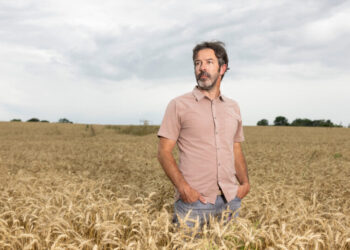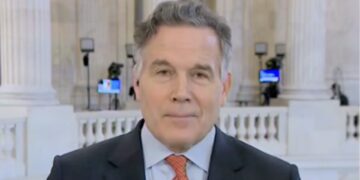Apple Blocks US Users From Downloading ByteDance’s Chinese Apps
While TikTok operates in the United States under new ownership, Apple has deployed technical restrictions to block iOS users in...
The 15 most educated states in the US — and the 15 least educated
Test scores, among 17 other metrics, were used to rank US states in a recent study. Newsday LLC/Newsday via Getty...
A Judge’s ‘Battle Royale’ With Trump and the Supreme Court
Hello! This week I’m exploring whether federal judges should treat the Supreme Court’s cryptic emergency orders as binding commands. Justice...
Jack Dorsey Isn’t Telling the Real Story About Block’s AI Layoffs, Insider Says
Twitter founder and Block Inc (formerly Square) CEO Jack Dorsey announced late last month that his fintech venture was making...
Tom Ford Thrills
During fashion weeks, you can’t always trust your initial impressions. Many times, I’ve wafted out of shows on a high,...
All Resident Evil Characters That Return In Requiem (Including Some You Never Would’ve Expected)
Resident Evil Requiem features many returning characters from the long-running Capcom franchise. From Oswell Spencer to Leon Kennedy, here is...
Democrat’s plan would eliminate federal income taxes for half of U.S. workers
A Democratic senator viewed as a potential 2028 presidential candidate will unveil a plan that he says would ensure roughly...
Meet Pedro Sánchez, Europe’s most vocal critic of Trump’s attacks on Iran
BARCELONA, Spain — Spain’s Pedro Sánchez has once again emerged as Europe’s most consistently vocal critic of President Trump, drawing his ire...
Russia sees chance it may benefit from Middle East war
For Russia, the assassination of Iran’s supreme leader, Ayatollah Ali Khamenei, was the latest blow to President Vladimir Putin’s network...
Trumpy Billionaire Claims MAGA’s Anti-War Leader Has ‘Blood on His Hands’
Trumpy billionaire Bill Ackman thinks conservative commentator Tucker Carlson is going to get someone killed. Carlson, 56, has been an...

